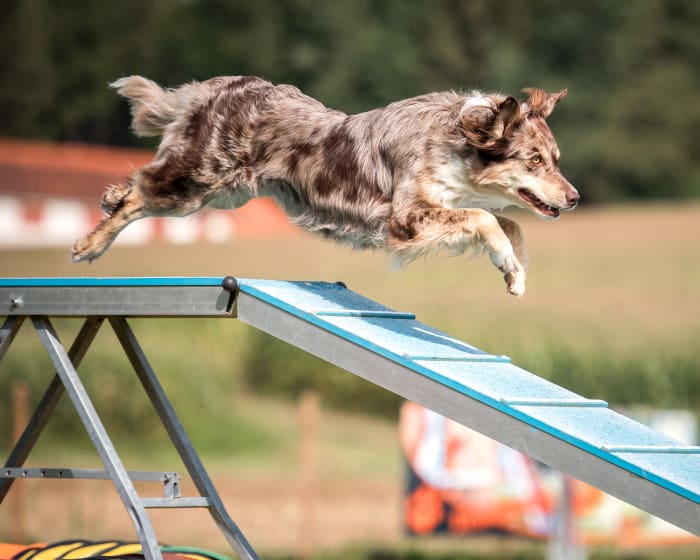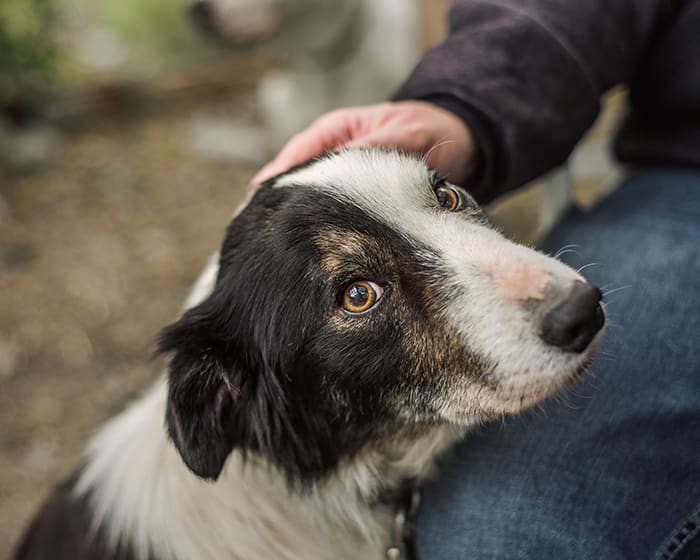Veterinary Orthopedics
The veterinary surgeons at Northgate Veterinary Clinic provide orthopedic surgery services for Seattle cats and dogs affected by a wide range of orthopedic conditions.
What is veterinary orthopedic surgery?
Veterinary orthopedic surgery for pets consists of surgical procedures that address the joints, skeletal system and their associated soft tissues, including muscles, cartilage, tendons, and ligaments.
Our advanced imaging and diagnostic tools help us provide accurate and effective orthopedic diagnosis.

Common Orthopedic Conditions
There is a wide range of orthopedic conditions that affect cats and dogs. The following are among the most common:
Cruciate Ligament Tears
Torn cruciate ligaments in dogs, just like in people, must be surgically repaired to prevent arthritis. There are many different types of surgical procedures that can be used to repair this injury, and the type used typically depends on the size of the dog.
CCL surgery for dogs may include a number of different techniques that aim to provide stability to the joint.
Femoral Head Ostectomy
A femoral head ostectomy is a surgical operation to remove the head and neck from the femur. It is performed to alleviate pain, and is a salvage procedure, reserved for condition where pain can not be alleviated in any other way.
Luxating Patellas
The patella (knee cap) lies in a cartilaginous groove at the end of the femur at the stifle. A luxating patella occurs when the knee cap moves out of its natural position. Knee cap problems are common in many dog breeds, both large and small.
Surgery is recommended for animals that have significant lameness as a result of luxating patellas, with the goal of keeping the patella in its appropriate location at all times.

Veterinary Orthopedic Surgery FAQs
- What happens during the surgical consultation?
During the surgical consultation, we will perform a physical exam and review your pet’s medical history. Blood work, and any other diagnostic tests that are needed to determine the nature of your pet's condition will also be undertaken at this time.
Diagnostics may include x-rays, an ultrasound, or biopsies. Once the results are back, a plan for surgery is developed and discussed with you.
- Will the surgery and consultation happen on the same day?
No. The consultation appointment is required for testing and examination, to determine the nature of your pet's health problem. Once any diagnostic test results have come back from our lab, a surgery appointment can be scheduled.
- How long will the surgery take?
Orthopedic surgeries typically last between two to four hours, depending on the type of surgery being performed and on your pet’s specific condition.
- Does my pet have to stay at the hospital overnight after the surgery?
Many of our patients need to stay in the hospital over night after surgery so that they can be monitored as they recover from the procedure. Depending on the type of surgery that is performed and how quickly they recover after anesthesia and surgery, your pet may be able to go home on the same day. If necessary we may recommend you transfer your pet to an overnight facility so they can have continuous monitoring.
